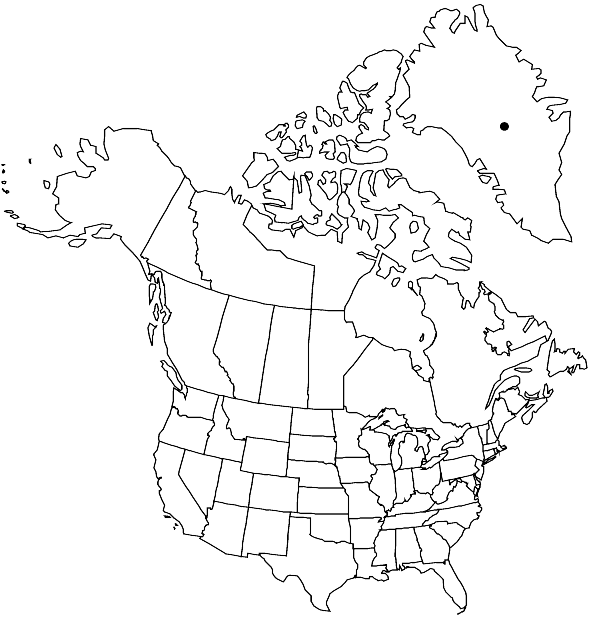Difference between revisions of "Andreaea alpina"
Sp. Musc. Frond., 49, plate 7, fig. 2p. 1801,.
imported>Volume Importer |
imported>Volume Importer |
||
| Line 41: | Line 41: | ||
|publication year= | |publication year= | ||
|special status= | |special status= | ||
| − | |source xml=https:// | + | |source xml=https://bitbucket.org/aafc-mbb/fna-data-curation/src/2e0870ddd59836b60bcf96646a41e87ea5a5943a/coarse_grained_fna_xml/V27/V27_111.xml |
|genus=Andreaea | |genus=Andreaea | ||
|species=Andreaea alpina | |species=Andreaea alpina | ||
Latest revision as of 21:24, 5 November 2020
Plants reddish brown to black. Leaves erect-spreading to squarrose, straight, panduriform, widest distally, apex symmetric; costa absent; leaf margins denticulate along leaf base; basal laminal cells rectangular to long-rectangular, marginal cells similar, walls pitted, nodose; medial laminal cells rounded-quadrate to ovate, 1-stratose entirely or sometimes 2-stratose distally, lumens rounded; laminal papillae rare, low. Sexual condition cladautoicous; perichaetial leaves differentiated, convolute-sheathing. Spores 18–28 µm.
Habitat: Wet acidic or basic rock
Distribution

Greenland, s, w South America, n Europe.
Discussion
The spores of Andreaea alpina are of two types, the brown spores generally smaller than the green, and apparently abortive. This comparatively robust species is easily identified by the panduriform leaves with basal marginal denticulations.
Selected References
None.